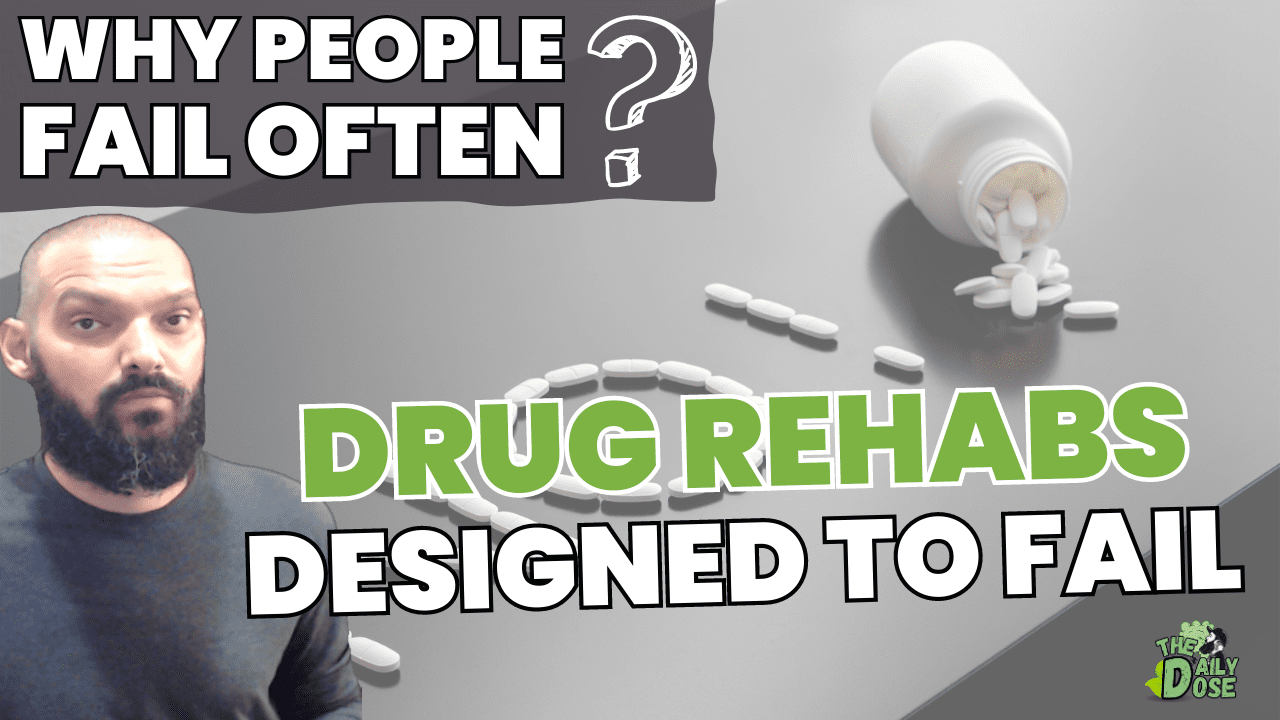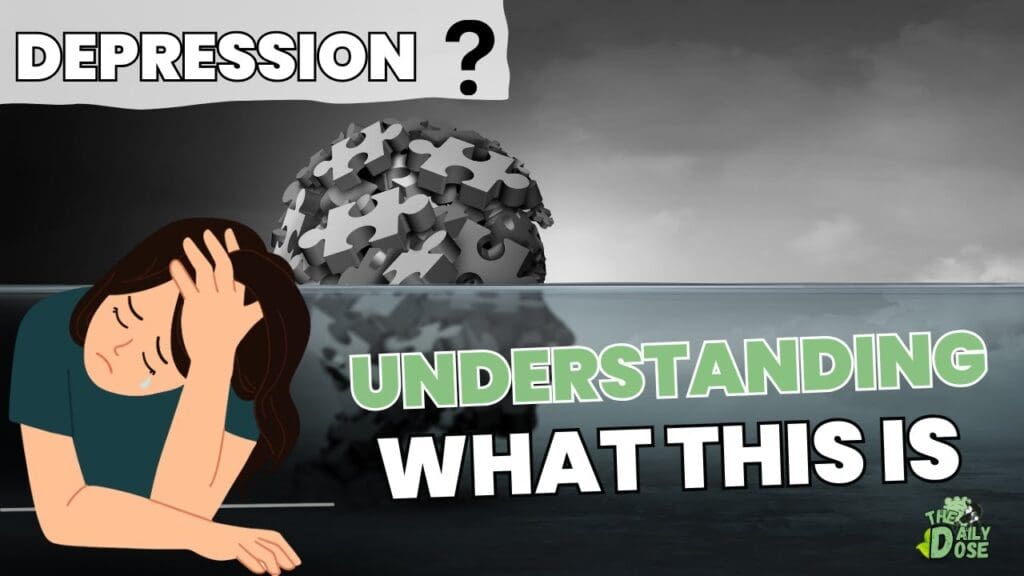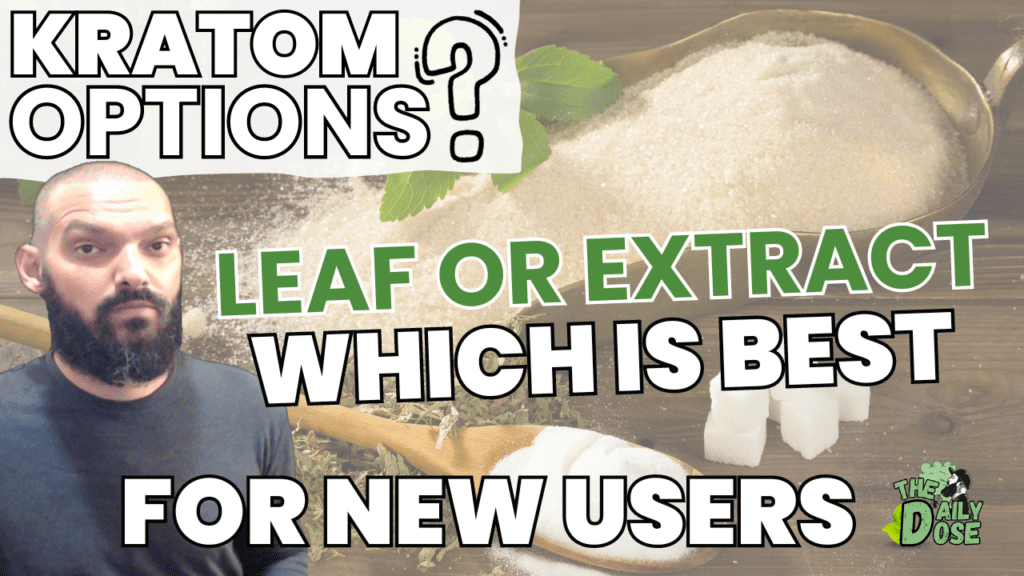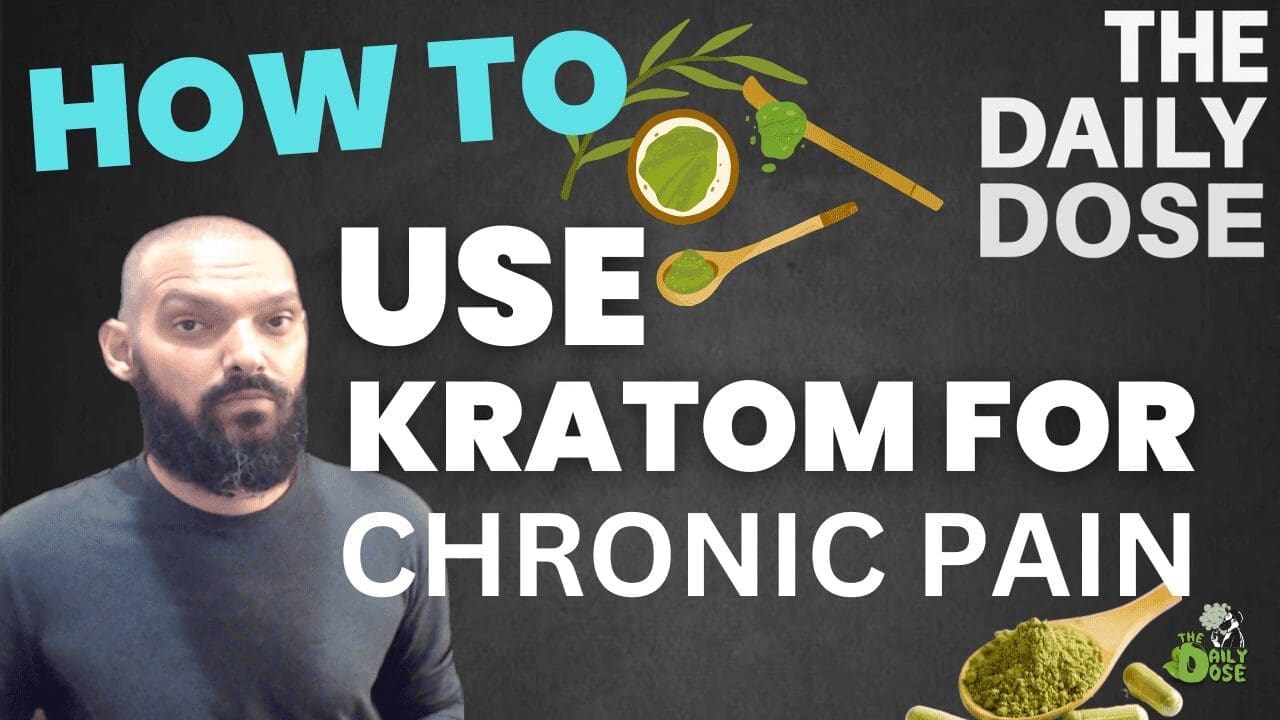To Listen To The Full Audio Episode Click Here: The Daily Dose Podcast Audio
Drug Rehab Programs
Table of contents
Introduction
Drug addiction is a serious problem that affects millions of people worldwide. Drug rehabs have been a primary approach to helping individuals overcome addiction and reclaim their lives.
However, in recent years, there has been a growing concern that traditional rehabs may not be as effective as they should be. This article explores the shortcomings of current drug rehab approaches and proposes changes that can improve their effectiveness.
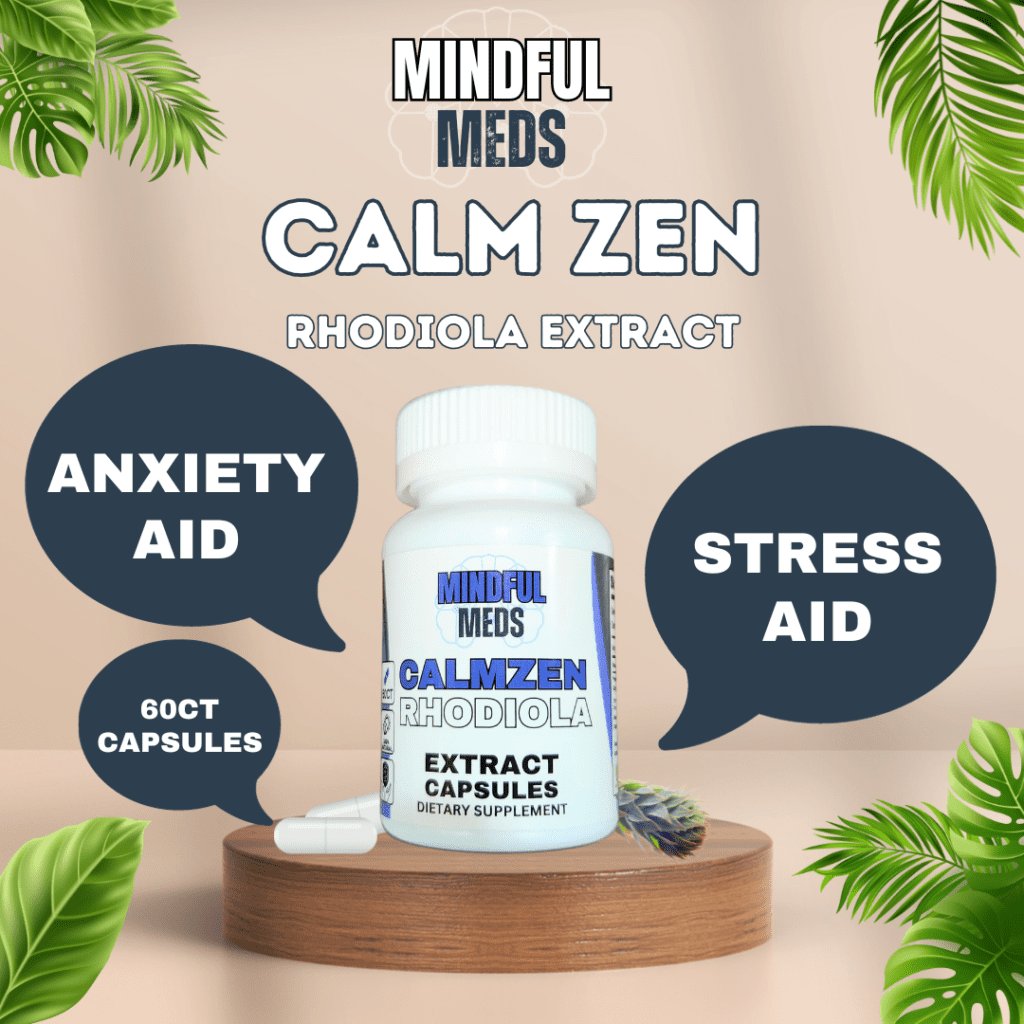
The Perplexity of Addiction
Addiction is a complex issue that involves a web of psychological, social, and biological factors. Understanding the perplexity of addiction is essential for creating effective programs.
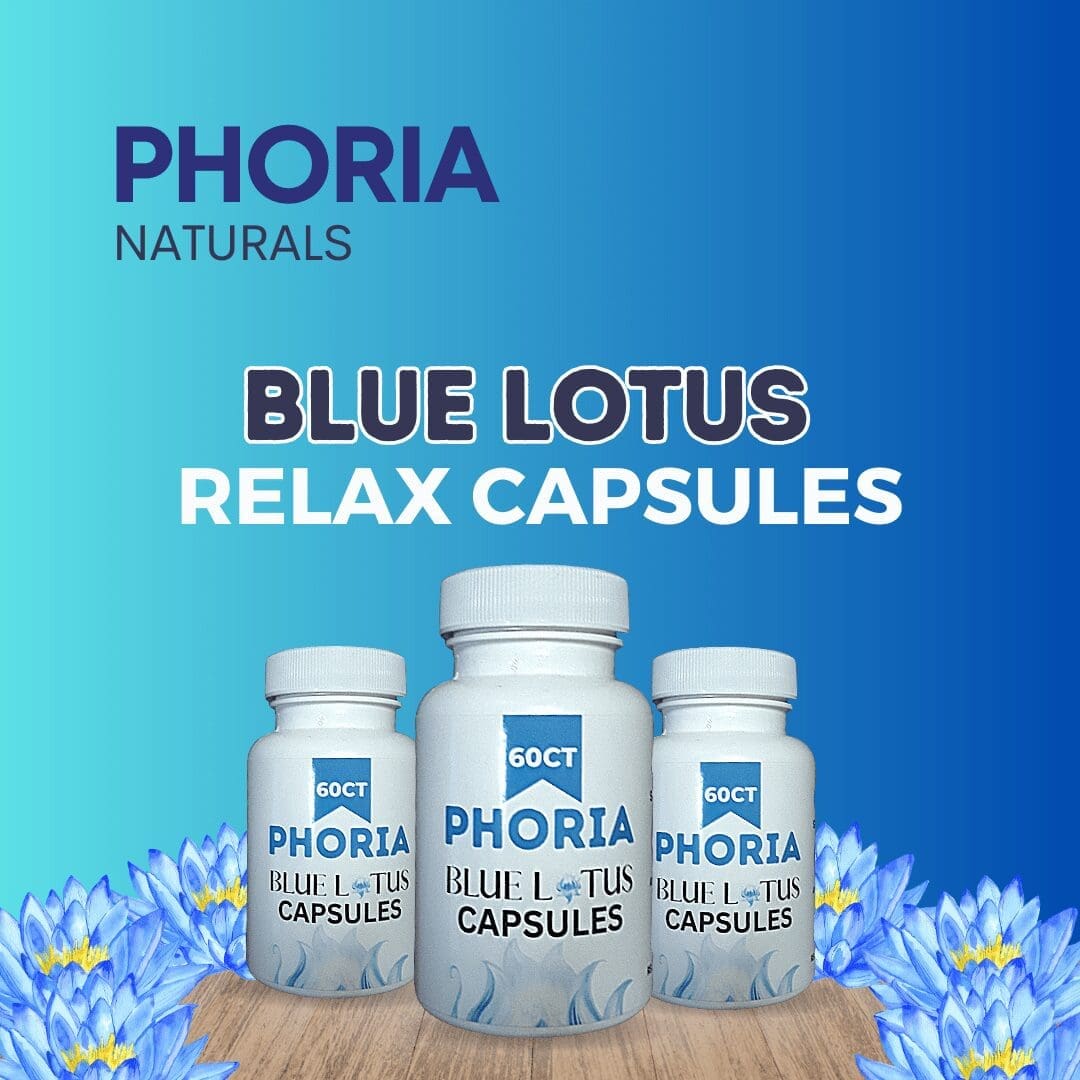
The Burstiness of Relapse
Relapse is a common challenge faced by individuals in recovery. The burstiness of relapse, where individuals may go through periods of abstinence followed by sudden relapses, needs to be addressed.
Limitations of Traditional Rehab Programs
1. One-Size-Fits-All Approach
Traditional rehabs often follow a rigid, one-size-fits-all approach to treatment. Every individual struggling with addiction is unique, and their treatment should reflect that.
2. Focus on Detoxification Alone
Many rehabs primarily focus on detoxification, neglecting the crucial aspects of counseling and therapy that are essential for long-term recovery.
3. Lack of Holistic Approach
Holistic care that addresses physical, emotional, and mental well-being is vital in addiction recovery. However, many rehabs lack such comprehensive approaches.
4. Short Durations
Some programs have short durations, which might not provide enough time for individuals to develop coping skills and a strong foundation for sobriety.
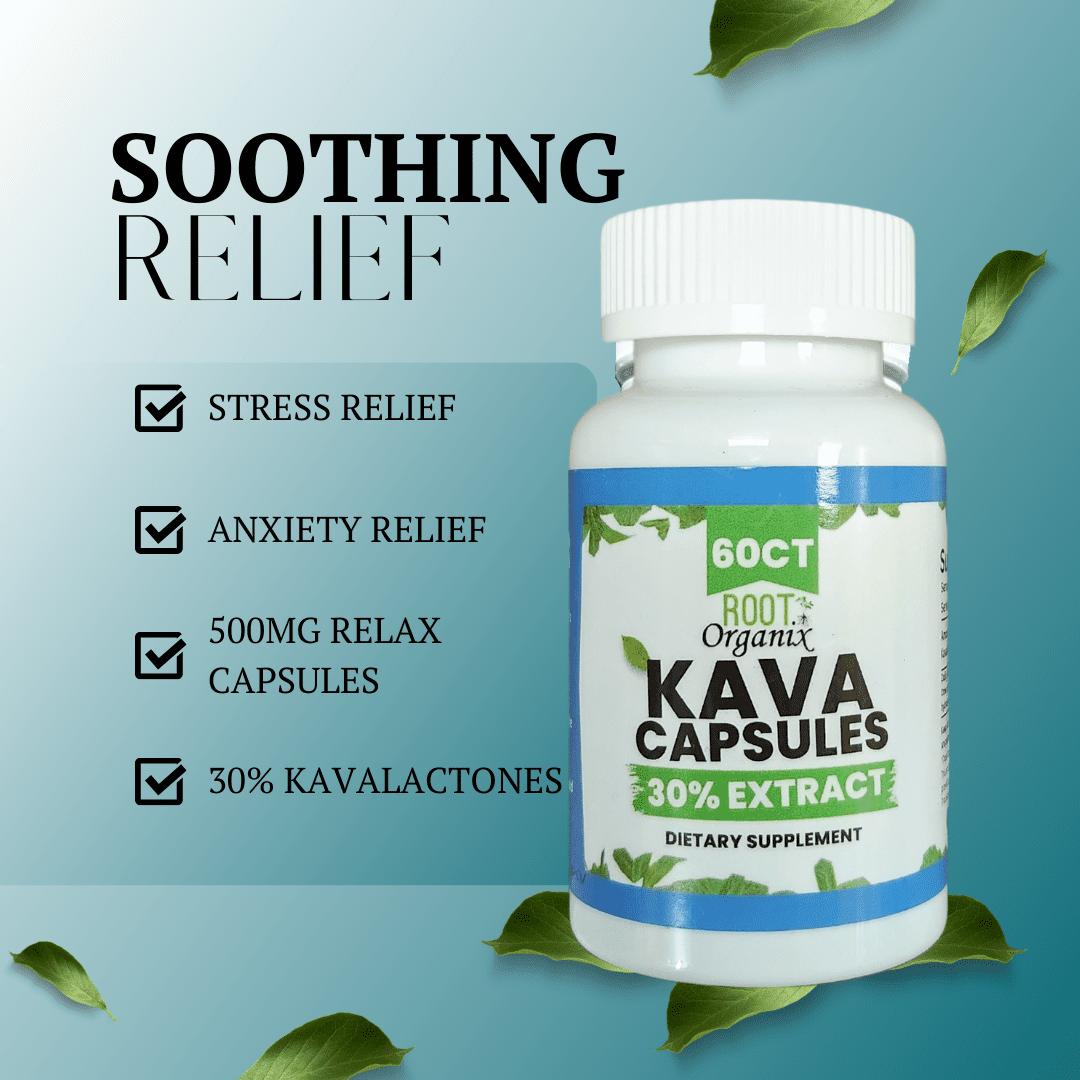
The Need for Change
1. Personalized Treatment Plans
To increase the success rate of rehabs, personalized treatment plans should be developed for each individual, considering their unique needs, triggers, and challenges.
2. Integrated Therapeutic Approaches
Rehabs need to integrate various therapeutic approaches, including cognitive-behavioral therapy, counseling, support groups, and alternative therapies, to provide a more comprehensive healing process.
3. Addressing Dual Diagnosis
Many individuals struggling with addiction also have underlying mental health issues. Rehabs should be equipped to address dual diagnosis cases effectively.
4. Extended Treatment Duration
Extending the duration of rehab programs can provide individuals with ample time to strengthen their coping skills and establish a solid foundation for lasting recovery.
5. Family Involvement
Incorporating family involvement in the recovery process can create a strong support system and improve the chances of successful long-term recovery.
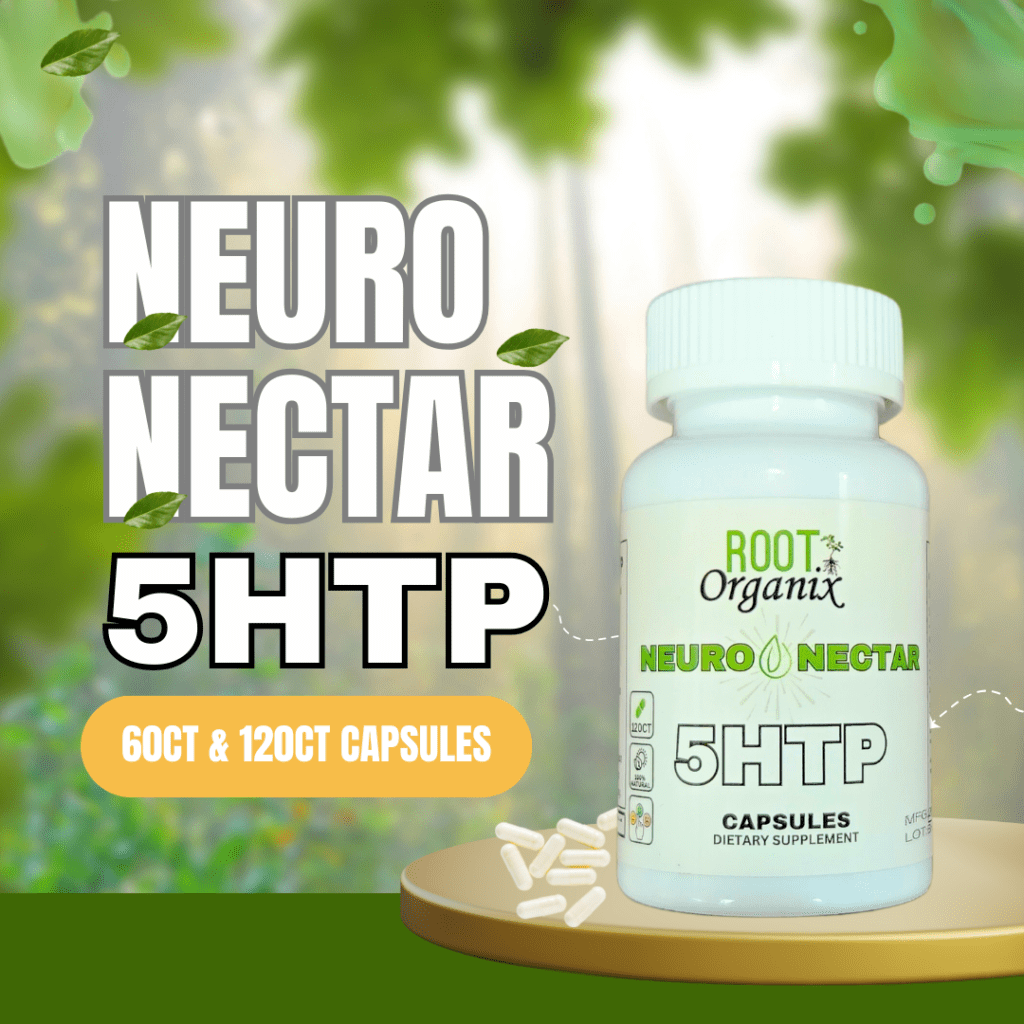
Conclusion
Rehabs play a crucial role in helping individuals overcome addiction and rebuild their lives. However, to address the perplexity and burstiness of addiction, significant changes are needed in the approach and structure of drug rehab programs.
By adopting personalized, holistic, and extended treatment plans and involving families in the recovery journey, drug rehabs can significantly increase their effectiveness and positively impact the lives of those seeking help.
FAQs
The duration of programs can vary depending on the facility and the individual’s needs. However, some programs can last anywhere from 30 to 90 days, while others may extend to six months or longer.
Rehabs can be effective in treating addiction, but their success largely depends on the individual’s commitment to the treatment and the quality of the program.
Yes, family involvement can make a significant difference in the recovery process. Having a strong support system can enhance motivation and provide a sense of accountability.
Yes, alternative therapies like art therapy, yoga, and mindfulness practices have shown positive results in complementing traditional addiction treatment approaches.
Dual diagnosis refers to the coexistence of addiction and mental health disorders. Addressing dual diagnosis is crucial because both conditions can influence and exacerbate each other, affecting the recovery process.
Related Articles:
Meet The Author


